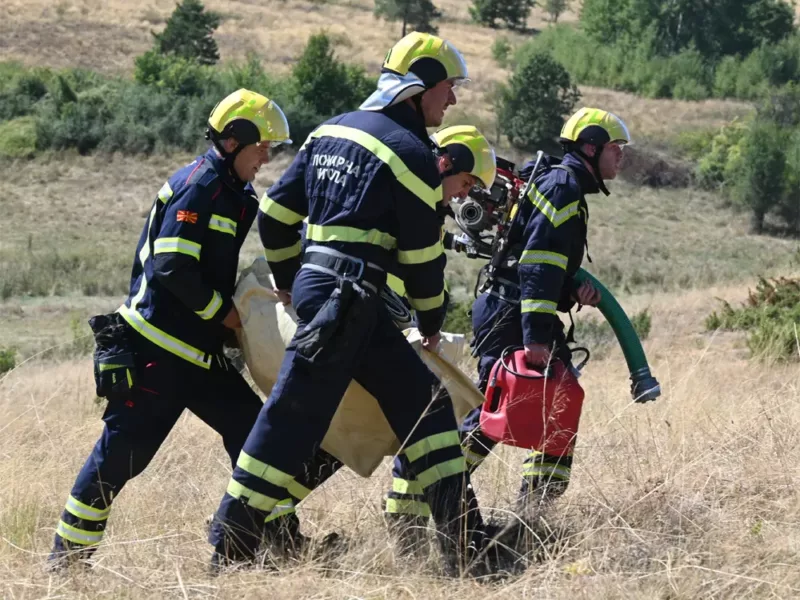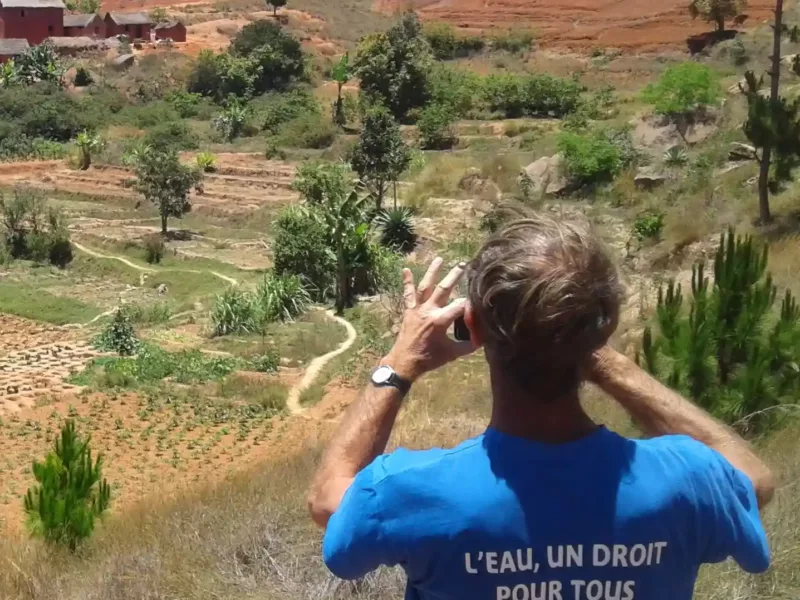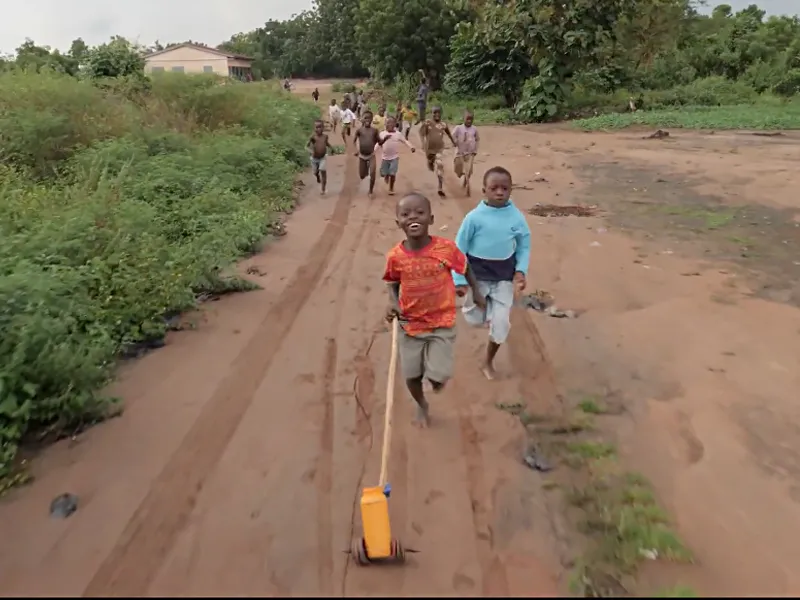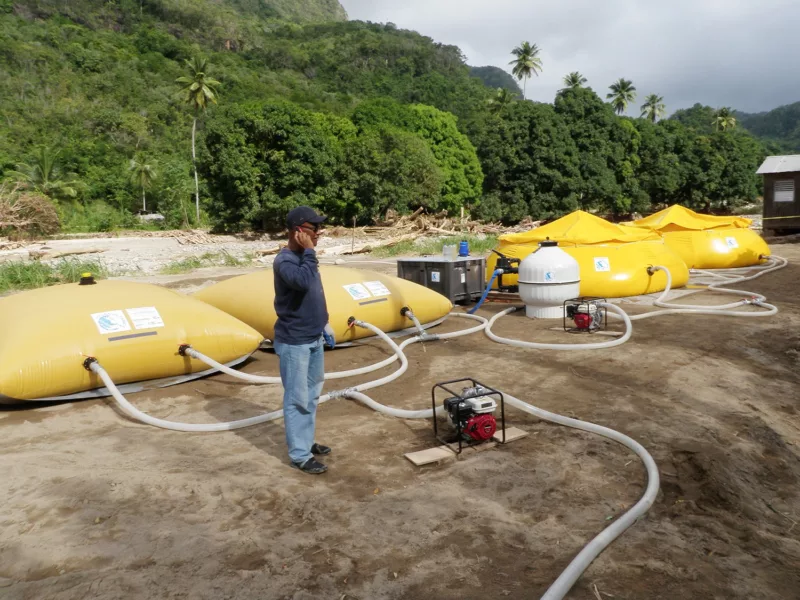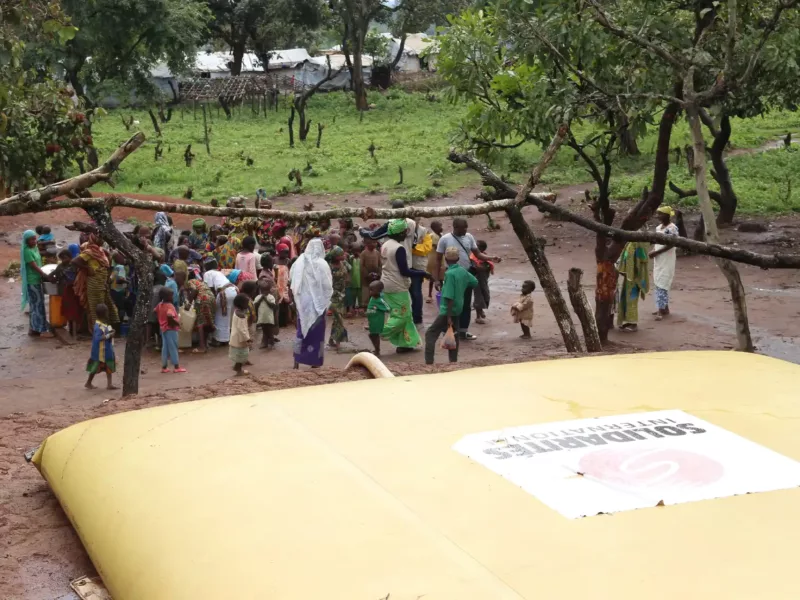Patronage 2023 : Working Together
In 2023, LABARONNE-CITAF supports Working Together in its mission: "Providing equipment to help firefighting operations in Northern Macedonia and Greece".
Read morePatronage 2022 : Hydraulique sans frontière
IN 2022, LABARONNE-CITAF ENCOURAGES HYDRAULIQUE SANS FRONTIÈRES IN ITS MISSION: “TO IMPROVE THE SANITARY CONDITIONS AND ACCESS TO WATER OF THE POPULATIONS OF THE SOUTH”. The theme of [..]
Read morePatronage 2021 – Électriciens sans frontière
IN 2021, LABARONNE-CITAF ENCOURAGES THE NGO ELECTRICIENS SANS FRONTIÈRES IN ITS FIGHT: “TO ALLEVIATE ENERGY POVERTY BY GIVING ACCESS TO WATER AND ELECTRICITY TO THE POOREST”. While the [..]
Read moreHumanitarian Mission: Sustainable Water and Sanitation Programme
In Togo, in the ”highlands region“, a few kilometres from the town of Notsé, many villages are not served by the national electricity network. In addition to the lack of electricity, the [..]
Read morePatronage 2020 – Aquassistance
IN 2020, LABARONNE-CITAF IS JOINING FORCES WITH AQUASSISTANCE IN ITS MISSION “MAKING ACCESS TO WATER AND SANITATION A KEY TO SUSTAINABLE DEVELOPMENT” Although “access to safe [..]
Read morePatronage 2019 – Solidarité International
FOR ITS 60TH ANNIVERSARY, LABARONNE-CITAF HAS CHOSEN TO JOIN FORCES WITH SOLIDARITÉS INTERNATIONAL IN ITS FIGHT “DRINKING WATER FOR ALL”. 2.6 million people die each year from [..]
Read more
